
The young woman who will move into Jutta’s apartment reminds me of a young Caroline and her first apartment over on Gluckstrasse. The girl’s parents accompanied her on her last visit, confirming some measurements of the place and considering what she’d need to make it functionally hers. Then it strikes me that, like this woman, Caroline did just as her mom did and pretty much what her grandmother probably did at one time by moving into a new apartment and adding things to make it their own. These dwellings became part of their character and allowed them to explore a part of their personalities and independence.
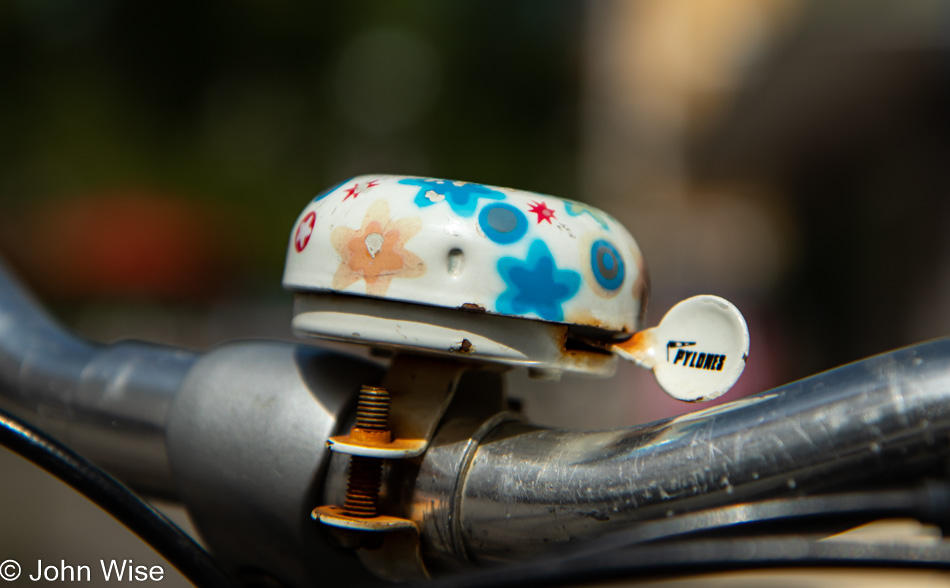
Walking around Frankfurt, the eternal youth of those people who were us and those older than us who we are yet to become, all live in a fluid transition across the ages, moving in the same pathways we all travel and have always traveled. Growing older and seeing the repetition in life’s events can trigger moments of melancholy as I somehow can’t be sure I grasped all that I could from those precious years when conflict walked hand-in-hand with an arrogance that I knew what I needed to know. I had no inkling of how striking and fortunate everything would appear as I look back on those years. I hadn’t learned about hindsight yet.
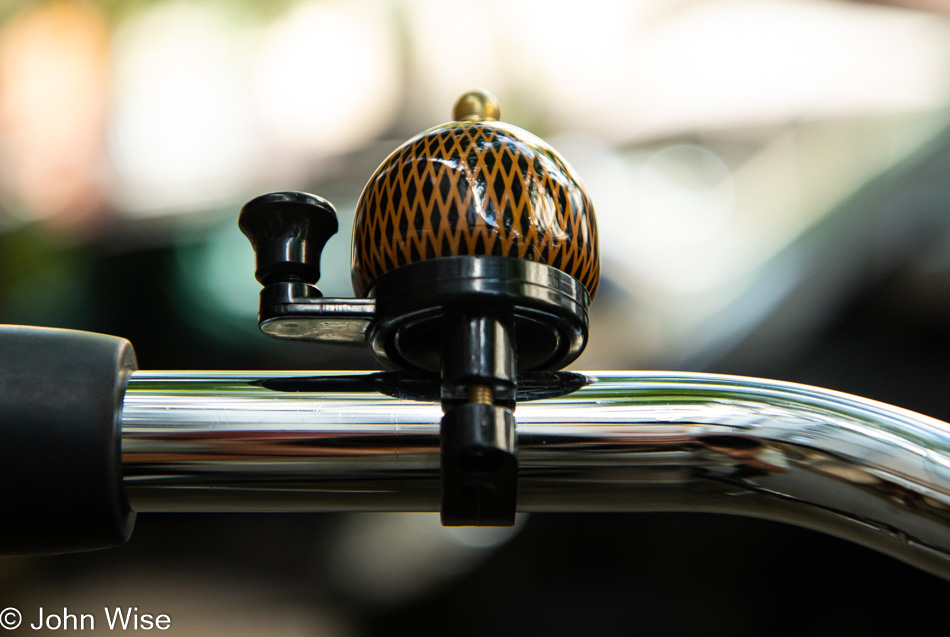
Yesterday, as I walked from Bornheim-Mitte across town to Römer, I didn’t take a single photo, nor did I on the way back after dinner. I’m no longer struggling to remember the different routes across Frankfurt as I’m regaining my familiarity with the layout of the city, only it’s even better now as I’m walking everywhere instead of remembering train routes and schedules. The Eifler Bakery that enchanted me in my first few weeks is starting to become my regular coffee hangout, and everyone who works the early shift already knows my order; I’m a regular. When servers in restaurants want to give me an English menu, the names of dishes confuse me as I’m familiar enough with their original names that in English, they lose part of their German-ness.

Getting down to the final small things in the apartment and quickly running out of time to call Saalburgstrasse 46 home. Today, I’ll pack up the rest of the things that are going into plastic bags, ready to be taken to the curb. Tomorrow, Klaus and I will drag the furniture to the same curb for pickup on Thursday. With the apartment empty, we’ll have to do some cleaning before the painter comes in on Saturday, and then the key for the apartment will be turned over to the owner, who will be changing the lock for his new tenant.
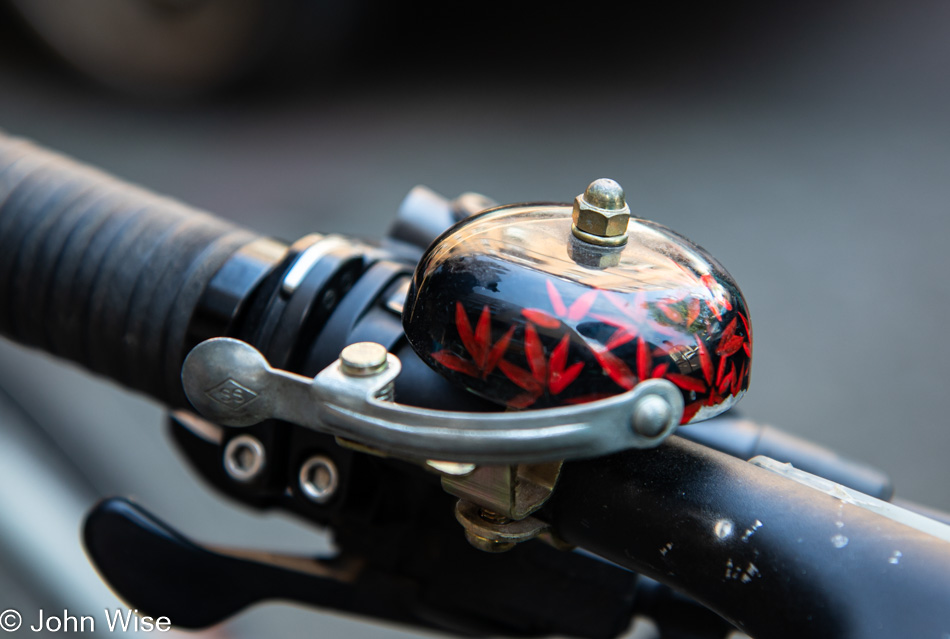
While I still have 13 days left in Germany, my time seems to be running away fast now. I know that some people would love two weeks in Germany to do all that I’ll still get done, but there’s a sense of urgency to finish all the other things I wanted to do, such as visiting Hanns Engelhardt (my father-in-law), Helga (Caroline’s godmother), and Vevie (Caroline’s step-mother) in addition to seeing Olaf and Torsten once more and then there’s Michael Geesman in the far northeast. Add to those things that I’m taking three days of “vacation” with Klaus, more about that later this week, and that I’m still trying to pencil in a trip to Worms and to Kassel. I’m not whining for pity; I’m whining at myself to nudge me into putting all these things in motion so that when I get back to the United States, I feel that every moment of this visit to Germany was worthwhile.
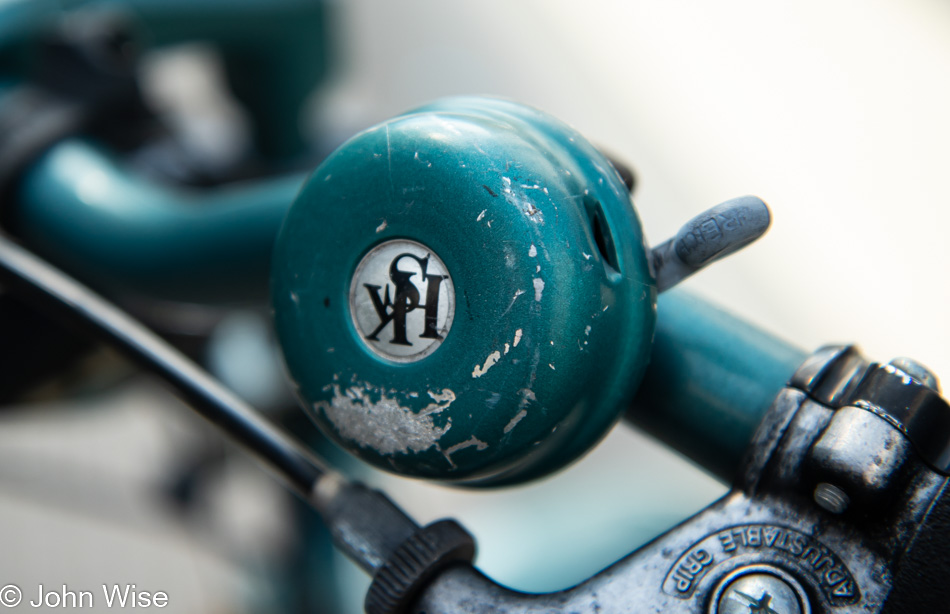
Panic is welling up the closer I get to leaving that I didn’t take enough photos of the various corners of Frankfurt to feel that I’ve captured enough to feed my memories once I’m at home. In the whirlwind pace of keeping busy and never giving the mind a proper rest to reflect on my daily experience aside from writing about everything, the entire time feels like a blur. Only upon getting home, winding down, and reading about what I did will the extensiveness of it all dawn on me.

The nice thing about journeys that don’t linger in one place is that you know tomorrow brings a new adventure, while staying in place forces you to break away from new habits that might have become comfortable. Here I am, trying to read the future, anticipating things that may or may not happen instead of being in the moment. Then again, I’m at breakfast, and it is here that I recount the previous day, except I don’t have that chore this morning. With my delightful German Frühstück of rolls, salami, cheese, and coffee, I’m not going to write about what I’ll do today as I don’t know much yet, nor though do I have time to fall into whatever writing I might want to do as I am supposed to meet Jutta for lunch today which is only a couple of hours away. So, I watch people, think of Caroline, and finish this breakfast stop so I can get some walking in and maybe develop some appetite for lunch. Damn, this sounds mundane. Like I said, new habits.
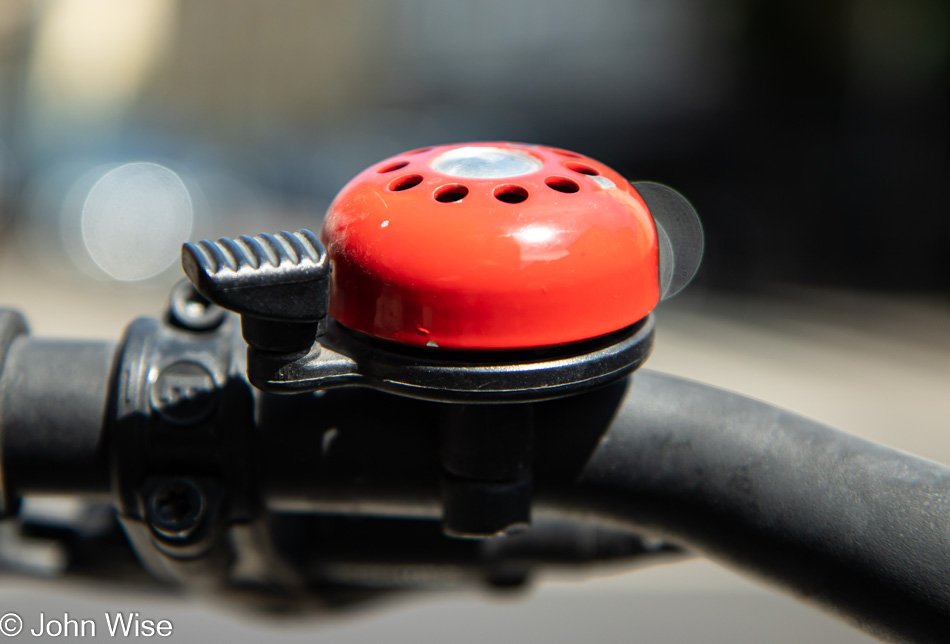
Hey, wasn’t this blog titled “Strange Thing This Aging?” Well, yes, but that was the title I gave it last night before going to sleep after a half-day with Jutta going through old photographs she hadn’t looked at in more than 20 years. If you are polite and don’t need to rush an elderly person who is reminiscing about their distant past, you sit there and listen, not offering a hint of impatience. I learned how Jutta sees clothes. If her mom was seen wearing black in a photo, Jutta knew that she was still in mourning for whoever had passed. A particular dress elicited admiration for how chic and modern it was. And while it may be a sore subject, she admired how handsome her 19-year-old brother looked in his military uniform. Cossacks/frocks on boys and particular shoes also had her commenting on how nice those things were. She had a good laugh at her father’s old-fashioned swimsuit and pointed out that the entire family was wearing proper shoes for their visit to the ocean.
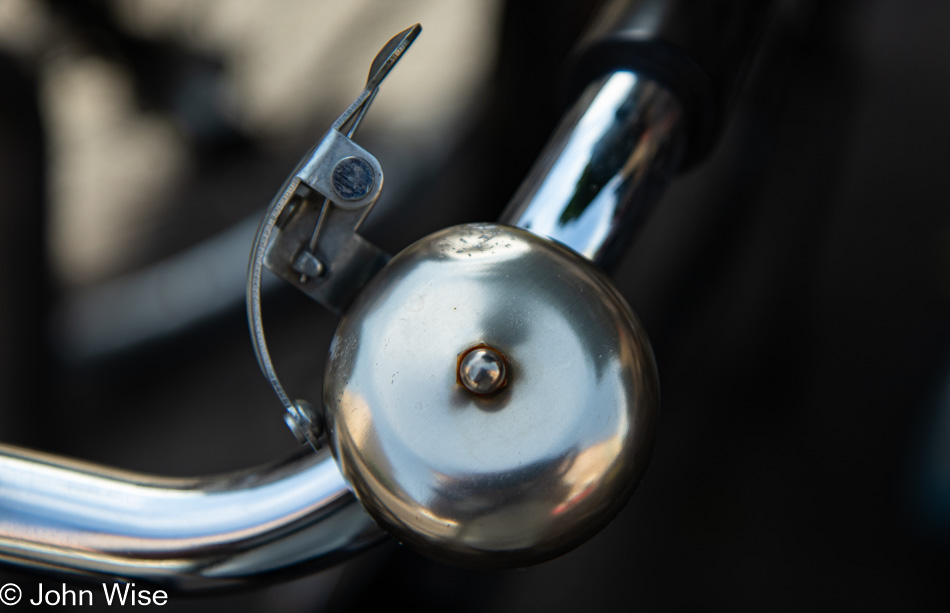
The topic of aging is so rarely talked about and yet all around us, it is happening constantly. I visit 1000-year-old churches, 35,000-year-old glaciers, and a six million-year-old canyon with billion-year-old rocks, and the one thing they all have in common is that nothing between them and myself is getting younger. Why, then, do we discuss all matter of things that avoid the subject of aging and the ultimate demise of all things? Are we afraid that it might hasten our own time here or that it is somehow going to lead to depression?
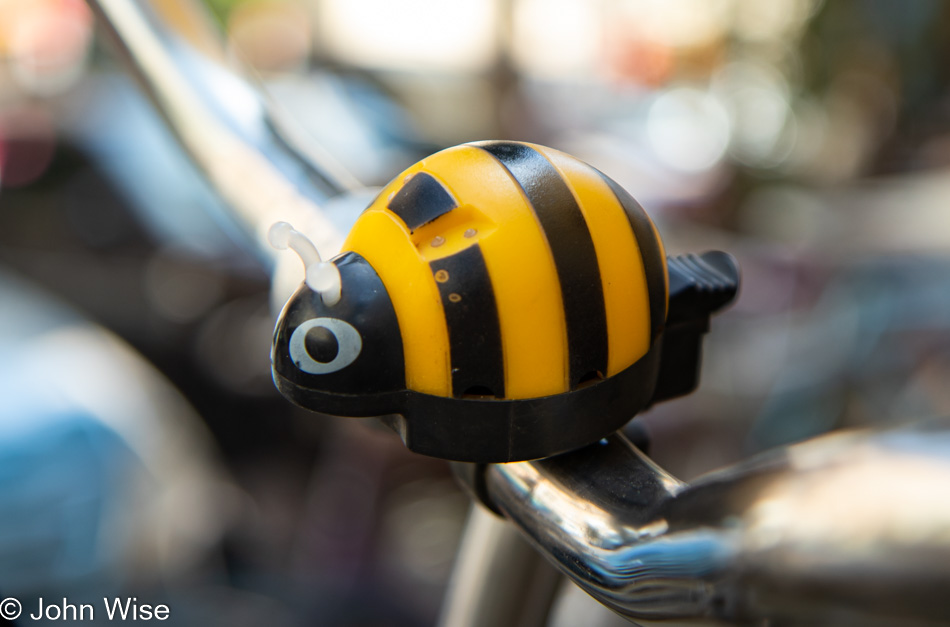
What I have found in thinking about the aging and dying process is that I find each day incredibly valuable as I’ve been afforded yet another opportunity to tempt my senses with all manner of stimuli. Death is inevitable, fun is not, growing older is almost certainly guaranteed, and finding the magic behind what we can learn and explore seems to be hidden behind our own boredom. Boredom arises out of routine; routine is what we find to give us comfort while we endure the tasks that support our existence. That comfort quickly becomes associated with the idea of happiness, and soon, we are tricked into believing we can only be happy when doing the same thing we did yesterday that helped us endure.
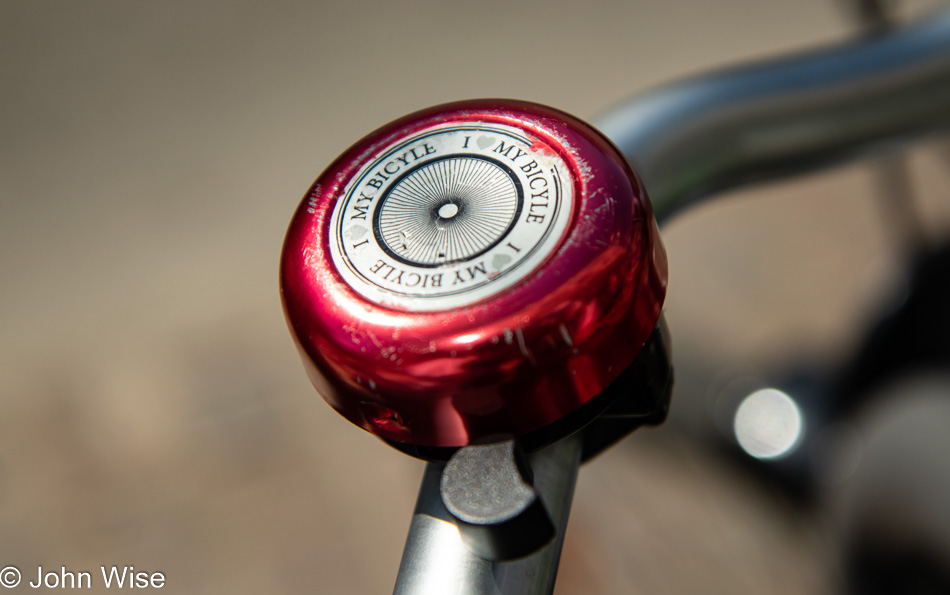
This is a trap because only by exploring the unknown are we preparing to meet the ultimate unknown. Aging should be the accumulation of gathering experience and knowledge with the satisfaction that each successive day might have brought us closer to the thing we will likely only ever do once: die. But living is not about dying unless you’ve chosen boredom because then you are embracing death by not fully living. So, maybe we should forsake happiness and allow that to seep in where it will and instead focus on trying to figure out what living a full life might be.
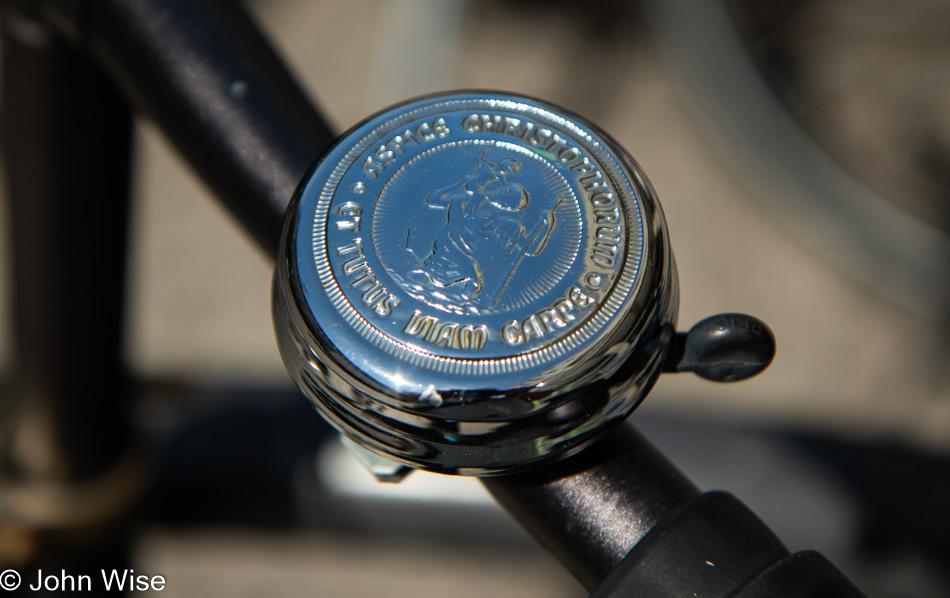
We did not invent written language, music, song, art, pottery, and the other creative endeavors so we could fix upon them in an endless repetition, constantly surrounded by the same things. All of our creations are mutable; our knowledge is too. We, humans, explore the edges of infinity; we do not live in a cave isolated from all other life, though it seems that many might be fixated on trying to do just that in their homes, which have become their tombs.
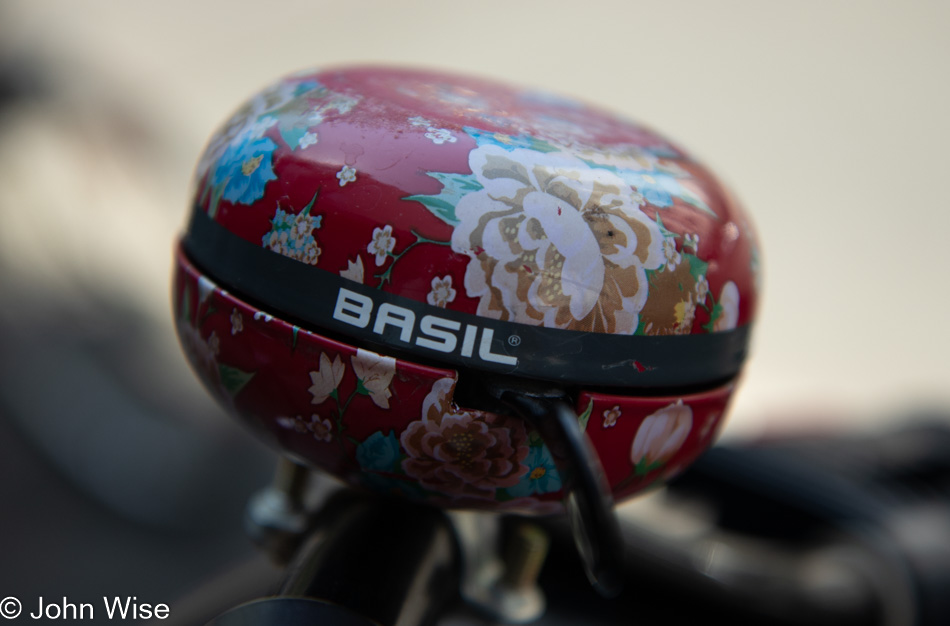
Over the previous three weeks, I’ve been clearing out just such a tomb. Not to say my mother-in-law was afraid to venture out, but she required others to give her the push to move. Left to her own devices, she would have sat in her favorite chair for a hundred years before her skeleton was discovered. From about the time Jutta turned 20 in 1955 until about 1995, my mother-in-law was on a treadmill where she kind of disappeared as she sought comfort but instead found pain and anguish. The less she strove to break out and socialize, the less she would be exposed to feeling inferior amongst others. Work, children, and the television offered her the routine that left her feeling that life was tolerable. But then, in 1995, she discovered that her son-in-law didn’t enjoy sitting still and stole her daughter Caroline away to America.
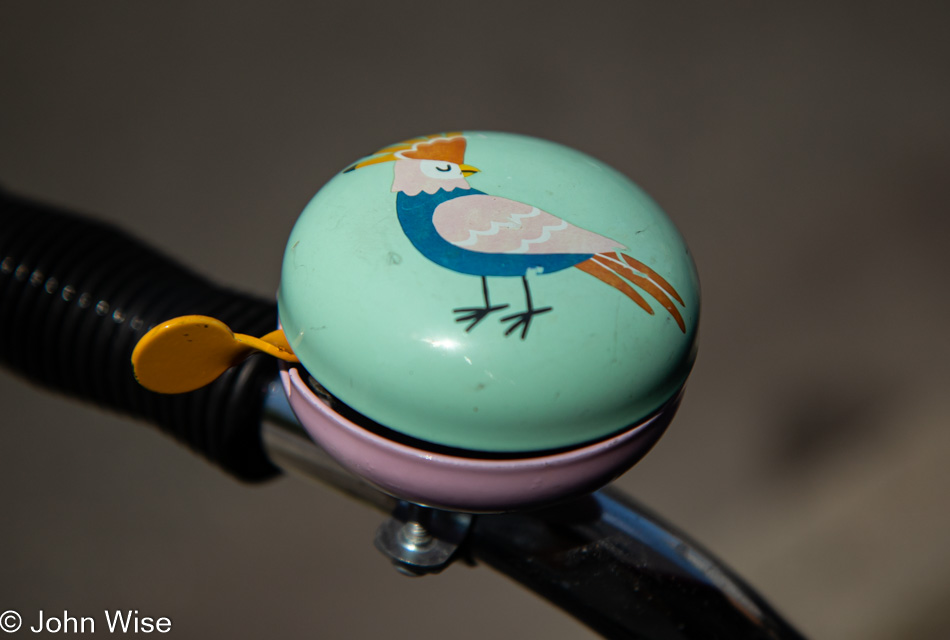
If she were to experience the comfort of knowing Caroline, she would have to travel to see her. This awoke her spirit of celebrating the novel while exploring the unknown. For more than 410 days over the ensuing almost 20 years, Jutta would revive her sense of living a full life. Returning to Germany, at least for a while, these adventures and intense accumulation of experiences would sustain her. In the following months, she would catch every TV program that showed her where she’d been and, in a way, validated that it was a satisfying and real moment in her own life. TV proved it as that’s typically where she found the most amount of comfort.
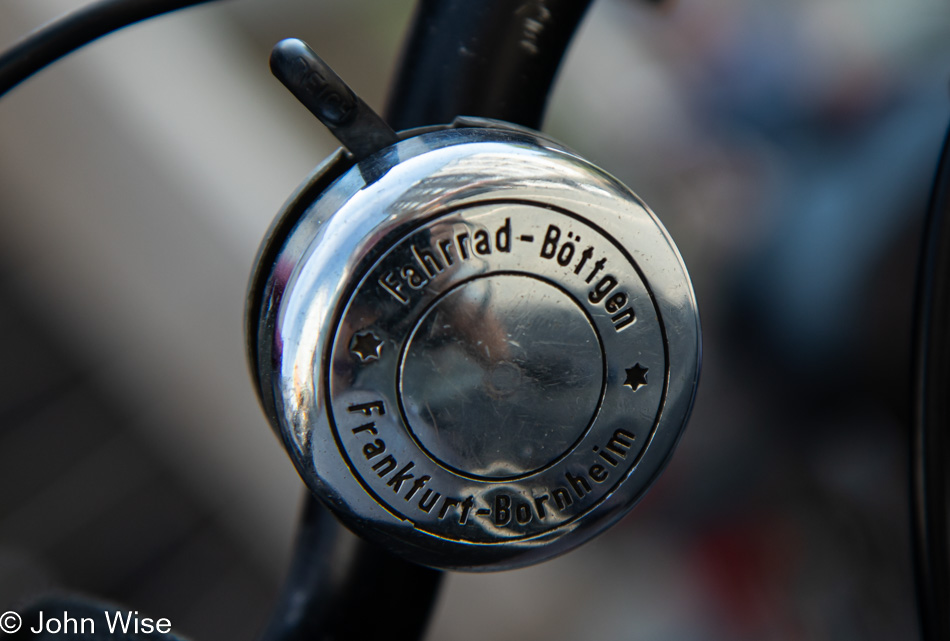
The intensity with which she experienced America left little room for boredom after her return, but it always crept back as her routine encompassed a tiny little corner of Frankfurt dominated by her apartment and lack of friends to get her out. In the end, this is all okay as Jutta is at peace with where she’s at instead of still squirming under the weight of whatever turmoil it was that pressed on her for approximately 40 years. I’d like to recognize that I played some small role in this equation, but I think the bigger truth is that Jutta has a deep love for Caroline that pulled her into her daughter’s orbit and, subsequently, mine. Just as television validated Jutta’s experiences at home, I think my mother-in-law’s desire to laugh, travel, sing, share meals, and spend 24 hours a day with us in cramped quarters was her way of offering affirmation to Caroline that she thought her daughter was living a grand life and that she approved. This was exactly what Jutta was missing from her relationship with her own mother.

Aging, gaining wisdom through the unknown, we are able to offer others confidence but only if we are willing to share in our knowledge. Sharing is making one’s self vulnerable as we expose a weakness within ourselves to gain the trust of the other who must determine if we are worth showing that they too are vulnerable. If we learn the lessons of being in a disadvantageous place while our emotions are exposed and find the reassurance that our loved ones mean no malice, we might have a better chance of not being afraid of life.

The surrogates of television, radio, internet, and social media are but poor bandages for the open wound called curiosity. We must pull off the scab and venture into nature and be amongst others in new places to learn the valuable lesson that we can heal after we run into the fires of experience that might make us uncomfortable. Sadly, the surrogates have become a salve for our tragic, isolated reality, and we’ve become blind to breaking out of habits. Well, once again, I’ve turned my writing into a screed against my favorite nemesis, the television, but why should I be apologetic for this beast that steals lives?
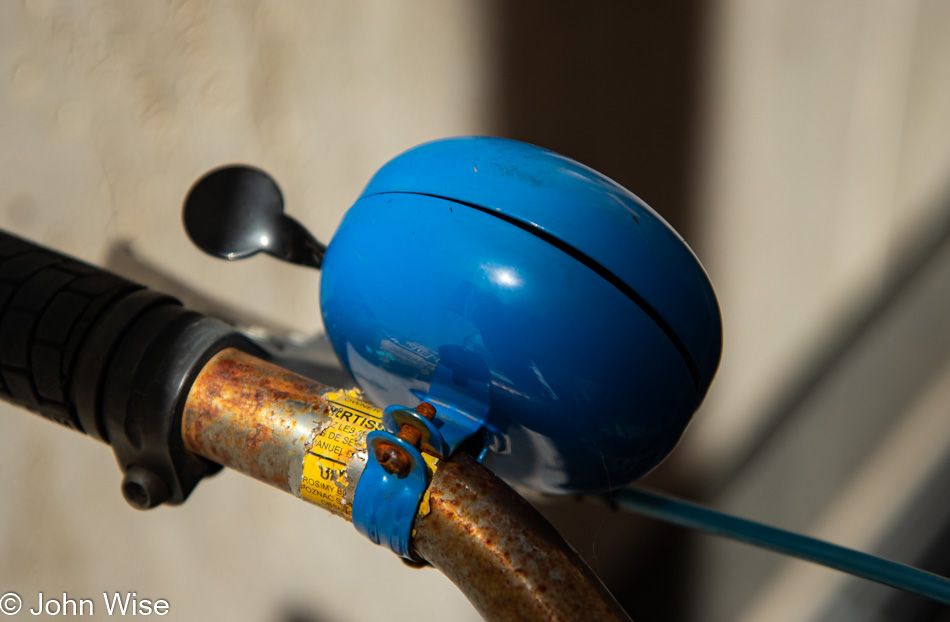
My mother-in-law doesn’t remember what I shared with her yesterday, although I already knew that was her condition. Every so often, she carries something over from the day before, and those inklings of functional memory give the idea that there’s much more still there, but it’s a mixed bag. I often wonder what she’ll remember about me being here. My gut says in two weeks, she’ll have forgotten that I was with her the entire month of June but I know that she’ll have laughed and smiled many a time while I visited. So, how do we quantify the value of what we give someone who is aging and will forget so much so quickly?

Regardless of what will be forgotten, I learned about a deep joy I brought Jutta today as we spent about 10 hours of the past two days going over the history of about 40 photographs of her mother, father, brother, and some aunts and uncles. She couldn’t emphasize enough how meaningful this time has been and while I joked with her that we both know she won’t remember tomorrow what we did today, we laughed about it as she assured me this would stay with her. This sentiment is all that matters.
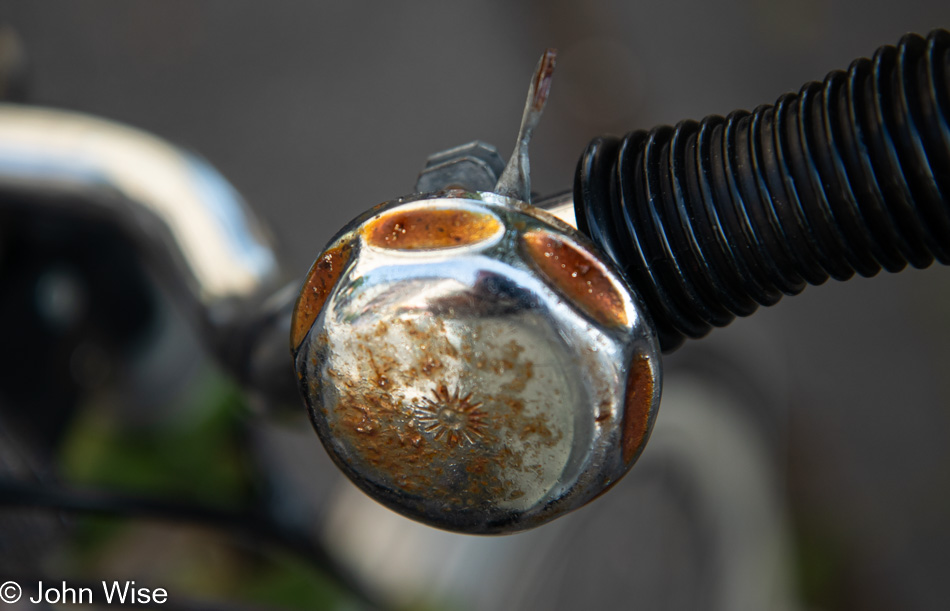
For these days I spend in Frankfurt, Jutta is the center of someone’s universe, sharing an interest in her enjoying herself and putting her on a pedestal. This woman loves being in the middle of things when she feels she can be herself, which these days is a slow and forgetful woman who is not malicious or unhappy. On the contrary, Jutta is ready for her continued decline and is accepting that her next big change in life is to exit it. Before I leave Germany, I have to figure out how to tell her the impact she’s made in my life, not just by creating Caroline but by allowing me to know so much about a mother-in-law that I could have never dreamed of knowing so well. To say my respect for her is far greater than for my own mother isn’t saying enough. But encapsulating in words what I wish I could convey in a hug and a laugh will never adequately relate to how fond I’ve grown of Jutta.
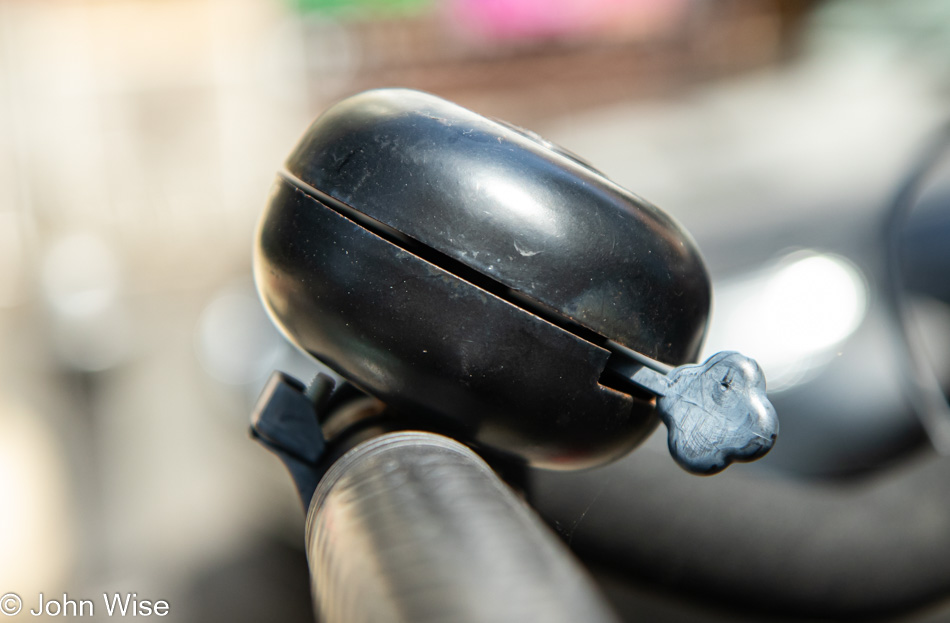
Maybe it’s a hyper-awareness of my own mortality that has me keen on learning from others where they are in the various stages of their lives. Getting older, I’ve noticed my appreciation of people growing stronger regarding those around me from all walks of life and of all ages. My ability to empathize with each in the stage of life they are in as I’m glancing at them finds greater emotional resonance. For each person, I wonder about their own ideas of where they are in the timeline of their lives. Do they think about the great fortune of being young, or are they in despair at growing old? Are they considering how best to step into the next challenges, or is developing knowledge of the fragile resource of our existence in time a distraction from simple survival? Just as we all eat, drink, sleep, breathe, defecate, and desire to procreate, I can’t help but think that there are common threads that interpret life that are relatively similar. Knowledge might be the only thing that interrupts that equation and denies this potential commonality.
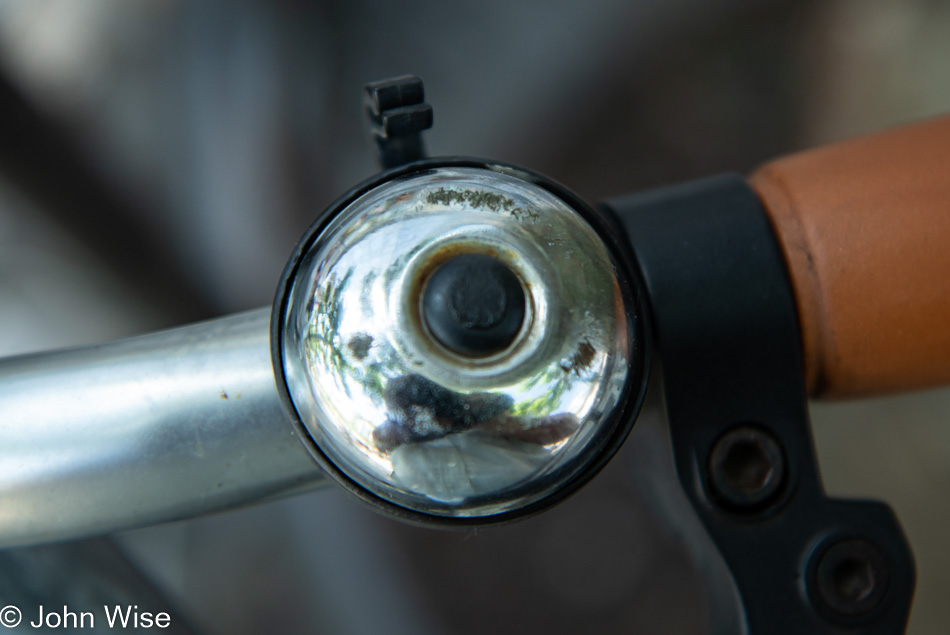
Klingeln, a.k.a. bicycle bells, are today’s visual theme because they share much in common with aging humans. They start out as raw materials before being formed. Once formed, they are young and sharp. As they age, they gain more familiarity and things in common with others, so they become friends. Then they start to rust and fall apart until they are sent to their grave and replaced with a brand-new, shiny one. Their characters are all different, with voices that are never the same. How old, how weathered, how aggressively their parts are used, how they are painted, or what materials they are made from will all impact the nature of their voice.
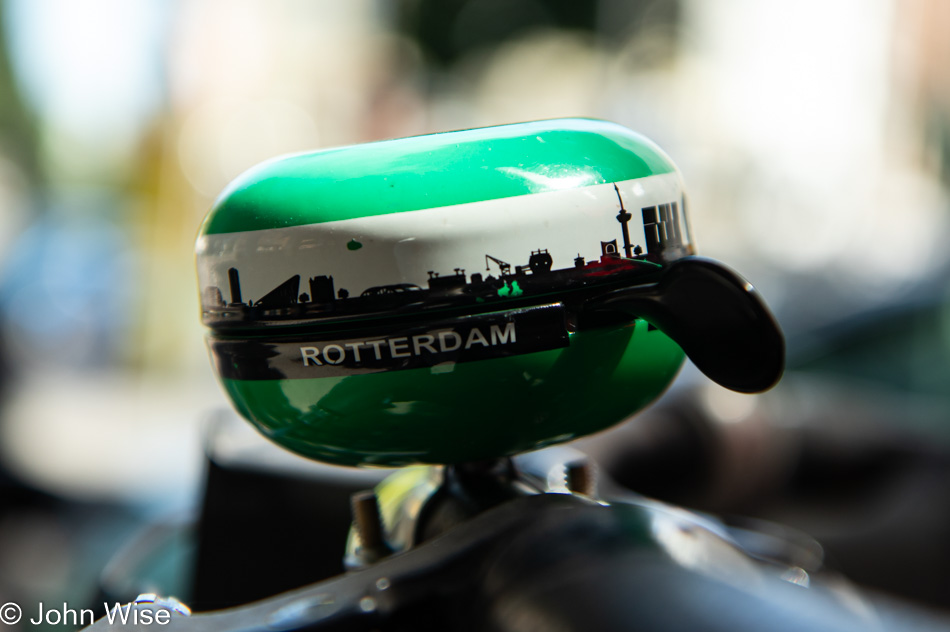
Since I landed in Germany in 1985 and heard my first bell, I’ve been enchanted by them as much as I am by people. When passing one whose aesthetic somehow draws me in, I can’t help myself, and I have to give it a little push, pull, or flick for it to share its song. If I could, I would stop every person with an interesting face and ask them the three most important things they think about, and then I’d step back to hear their song, but people don’t work as easily as bicycle bells. Maybe it’s easier to have one function instead of the ability to pass quick judgments that we are being intruded upon. Come to think about it, I’ve never met a bell that asked me to step away from it.